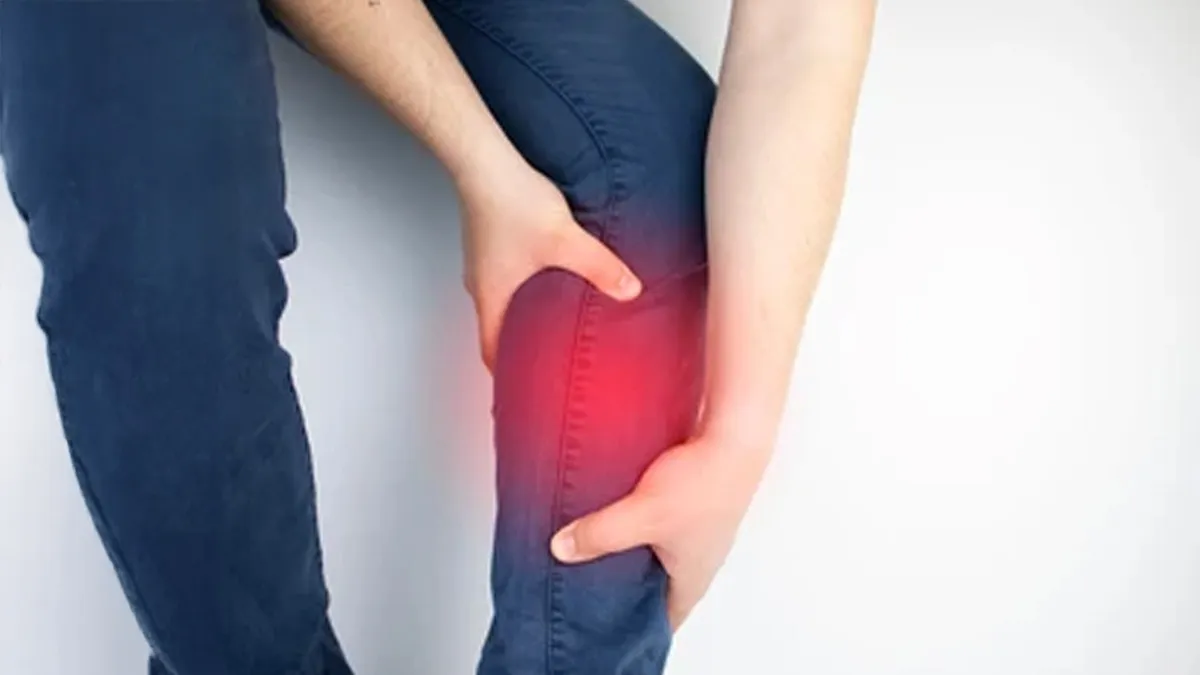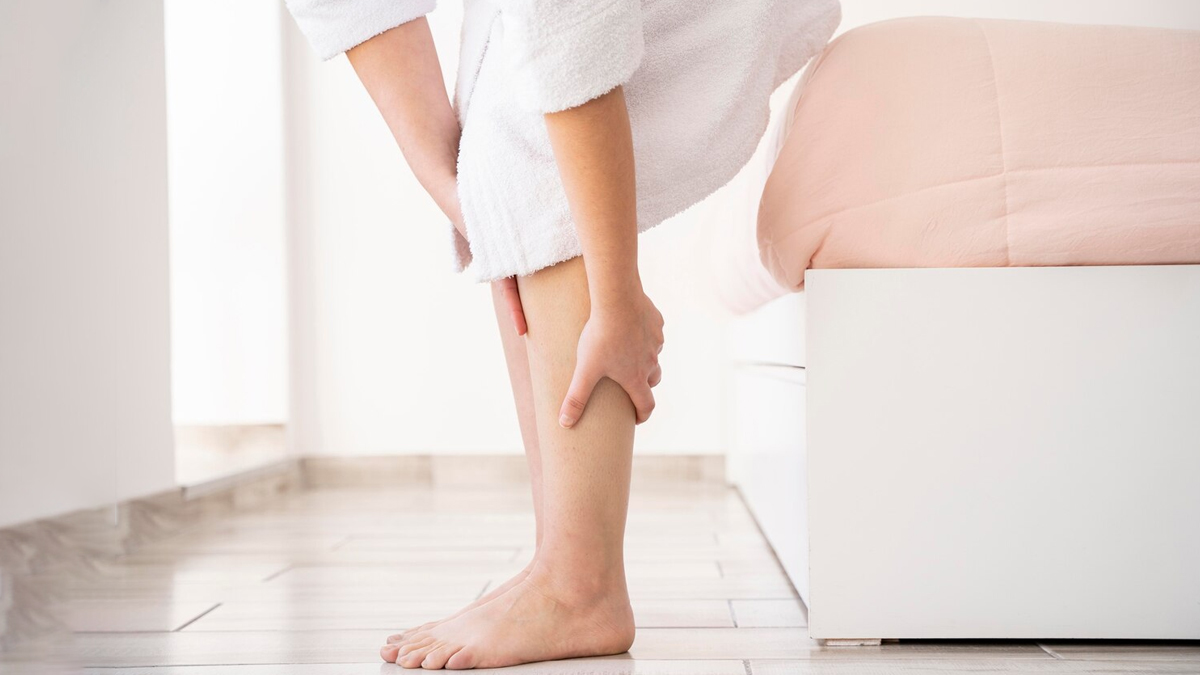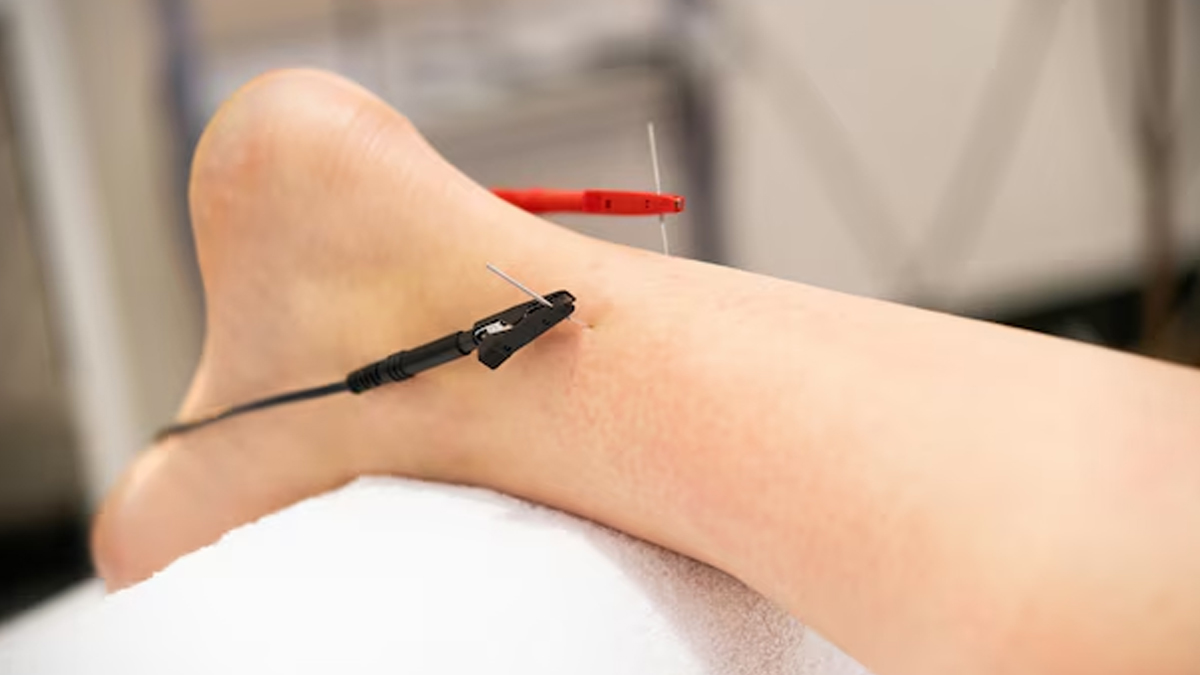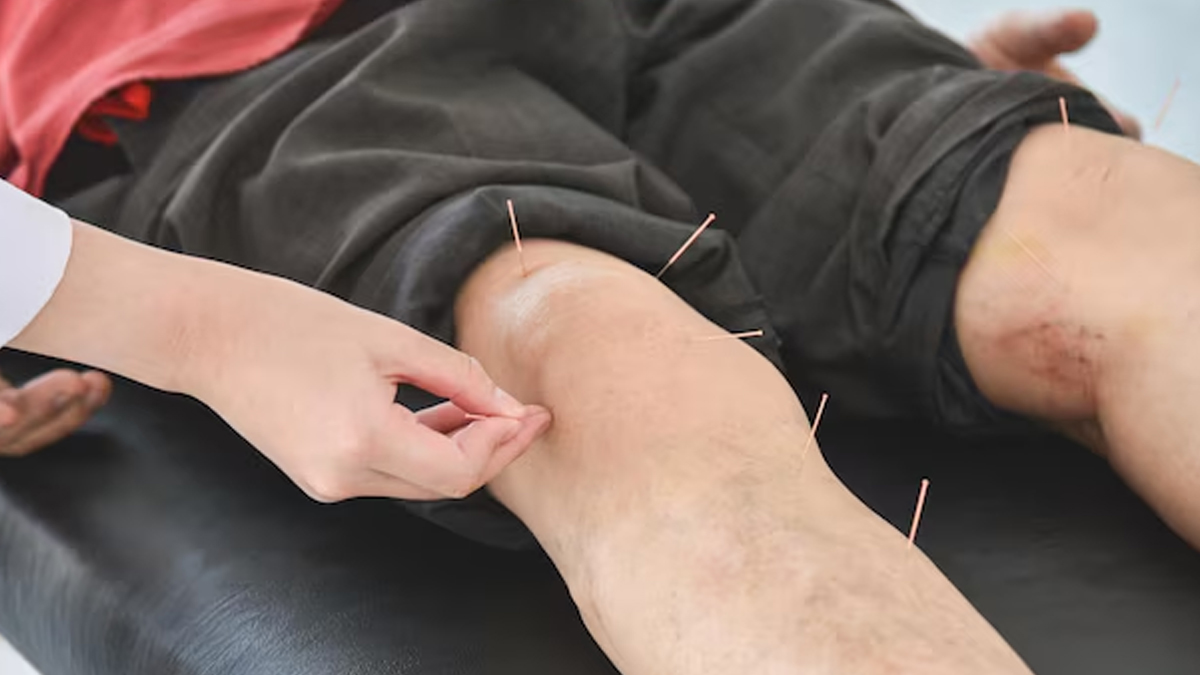
Have you ever felt that creepy, crawling sensation in your legs when you're just trying to wind down or fall asleep? That's what it's like to live with Restless Leg Syndrome (RLS) and it can disrupt your sleep. Medications and lifestyle modifications can help, but if you're looking for something a little more natural, acupuncture could be worth considering. This gentle, age-old therapy is showing real promise in helping calm those restless legs and give you the peaceful sleep you deserve.
Table of Content:-
What Is Restless Leg Syndrome?

According to StatPearls, RLS, or Willis-Ekbom disease, is a chronic disorder in which individuals experience an overwhelming urge to move their legs, commonly when resting or lying down. This urge isn’t usually painful, but it’s very uncomfortable and often feels better when the legs are moved. The symptoms become exacerbated in the evening or nighttime hours, which makes it difficult to fall or remain asleep.
Also Read: Dealing With Restless Leg Syndrome? Follow These Effective Home Remedies For Relief
Why Acupuncture?

Acupuncture is a key part of Traditional Chinese Medicine (TCM), which has existed for centuries. It involves the insertion of very fine needles into specific locations on the body to activate the flow of energy or ‘Qi’ and regain balance. It offers an integrated approach that attempts to cure not just the symptoms, but also the imbalances leading to RLS.
A 2017 trial found that the combination of acupuncture and low-dose gabapentin (300 mg/d) is effective in the treatment of RLS related to an 8-week follow-up. Moreover, this combination has a higher therapeutic effect over traditional gabapentin monotherapy in patients with RLS.
Acupuncture has also been shown to regulate dopamine levels and increase blood flow, two primary factors believed to induce RLS. This is perhaps why it is effective in reducing those annoying leg sensations.
How Acupuncture Helps with RLS

- Improves Blood Circulation: Poor circulation can aggravate RLS symptoms. Acupuncture encourages more blood to the legs and dissipates stagnation.
- Balances Dopamine Levels: Since dopamine dysfunction is often linked to RLS, acupuncture's regulatory effect on neurotransmitters can be a game-changer.
- Reduces Stress and Anxiety: Many people with RLS also struggle with stress and insomnia. Acupuncture has a calming effect on the nervous system, which helps lower stress hormones and promote relaxation.
- Supports Better Sleep: By calming both body and mind, acupuncture can guide you into a more peaceful sleep, something that's too often out of reach for individuals with RLS.
- Minimal Side Effects: Unlike drugs that induce drowsiness, dizziness, or addiction, acupuncture is safe with minimal side effects when conducted by a well-trained practitioner.
Also Read: Constant Urge To Move Legs Can Be A Sign Of Restless Leg Syndrome: Who Is At Risk?
What to Expect from a Session
Your acupuncturist will begin by asking you questions regarding your health history, symptoms, and lifestyle. They will then select specific points on your body to work on during the session—these can be on your arms, legs, back, or even ears.
Most sessions last between 30-60 minutes. The needles are fine, so insertion is often painless or like a little pinch. You may feel warm, tingly, or heavy—a sign that energy flow is adjusting.
Consistency is crucial. You may need several sessions in a few weeks to see the real benefits, and some find they use regular maintenance treatments.
Bottomline
If Restless Leg Syndrome interferes with your sleep, mood, or quality of life, acupuncture might be a natural and effective solution. Also, do not forget to consult your doctor before starting any new treatment, especially if you’re on medication or managing other health conditions.
[Disclaimer: This article contains information for informational purposes only. Hence, we advise you to consult your professional if you are dealing with any health issue to avoid complications.]
Also watch this video
How we keep this article up to date:
We work with experts and keep a close eye on the latest in health and wellness. Whenever there is a new research or helpful information, we update our articles with accurate and useful advice.
Current Version